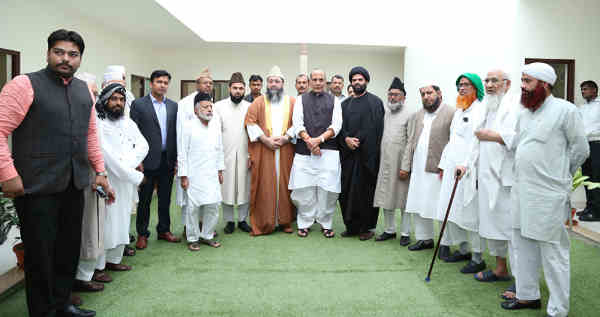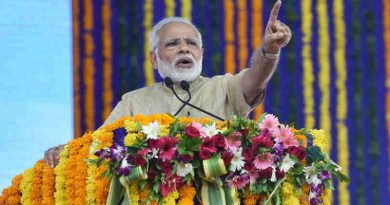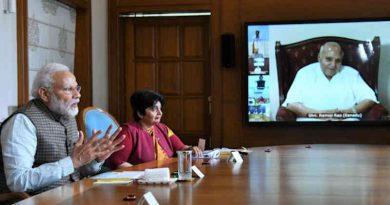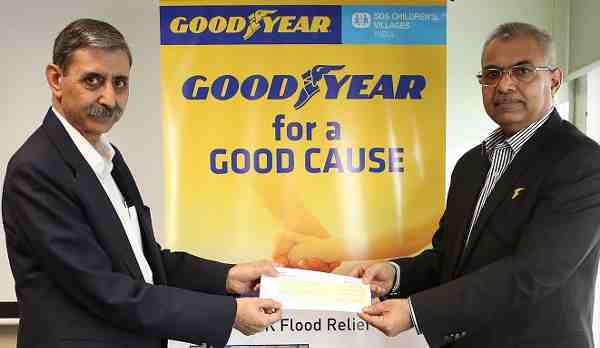Kashmir Burning. Muslims Meet Indian Rulers

Kashmir has been facing a series of violent incidents since the killing of a 22-year-old rebel leader Burhan Wani by the Indian security forces.
By Rakesh Raman
A delegation of Imams led by Dr. Imam Umer Ahmed Ilyasi, Chief All India Imams Organization, met India’s Home Minister Rajnath Singh Tuesday in the backdrop of the situation in the Kashmir Valley.
Kashmir has been facing a series of violent incidents since the killing of a 22-year-old rebel leader Burhan Wani by the Indian security forces on July 8 in an encounter which many believe was avoidable.
Nearly 30 people have died and hundreds injured in the conflicts between the supporters of Burhan Wani and the Indian security forces in Kashmir, which is a disputed territory between India, Pakistan, and China.
The New York Times said Tuesday that “the killing of Burhan Wani drew tens of thousands to rise up and renew demands for ‘azadi,’ or freedom, from Indian rule.”
On Saturday, according to international news agency Reuters, police had said that angry crowds set fire to three police stations and two government buildings south of Srinagar in Kashmir, and blocked roads.
India’s Prime Minister Narendra Modi, who hardly sits in India and keeps travelling in foreign countries, was incidentally in India on Tuesday. He held a meeting with his advisers to discuss Kashmir in the aftermath of Burhan Wani’s killing.
Voices for Freedom
Although Burhan Wani was branded as a terrorist by the Indian rulers, he was a freedom fighter for the tens of thousands of local Kashmiris. They rallied behind Burhan Wani to face the excesses of security forces who have been given a free hand by the Indian government to deal with all those in Kashmir who demand freedom.
Many prominent Indians have also said in the past that the people of Kashmir should be allowed to decide about their fate. A political activist Prashant Bhushan, for example, had called for a plebiscite in Kashmir and said that Kashmir should be allowed to break away from India if Kashmiris did not want to stay as part of India.
The Guardian reported that the Booker prize-winning novelist and human rights campaigner in India Arundhati Roy was facing the threat of arrest after claiming that the disputed territory of Kashmir was not an integral part of India.
In order to support the freedom struggle of the people of Kashmir, voices were also heard a few months ago at the Jawaharlal Nehru University (JNU) in India’s capital New Delhi. But the Indian government used its law & order machinery to successfully crush the students’ protests led by Kanhaiya Kumar, a student leader.
The students had to finally approach the government-run National Human Rights Commission (NHRC) to seek protection from the government’s security forces.
Human Rights Abuses
Kashmir has always been a conflict area between India and Pakistan since 1947 when both these countries got freedom from the British rule. In order to stake their claims over Kashmir, India and Pakistan have fought two bloody wars in 1965 and 1971, besides incessant skirmishes between the rival armies.
Repeated reports from international agencies suggest that human rights abuses in the Indian-administered Jammu and Kashmir (J&K) state are happening constantly. The abuses range from mass killings, enforced disappearances, torture, rape and sexual abuse to political repression and suppression of freedom of speech.
It is estimated that more than 50,000 people (most of them were civilians) have been killed in the Kashmir insurgency. International human rights organization Human Rights Watch has stated in its report that Indian security forces “assaulted civilians during search operations, tortured and summarily executed detainees in custody and murdered civilians in reprisal attacks.”
Another human rights organization Amnesty International said Monday that the authorities in Jammu and Kashmir must stop using pellet-firing shotguns on protesters. It stated that the use of pellet-firing shotguns is not in line with international standards on the use of force.
Armed Rebellion
It is largely believed that local Kashmiris – most of whom are Muslims – are peaceful, unarmed people who raise their voice against the increasing state atrocities and demand their right to live peacefully.
But the torture against them has increased to such an extent that their peaceful protests have now turned into armed rebellion. And in order to legitimize its brute force against common people or civilians, it is believed that the government links their names randomly with terrorist organizations.
A leading Indian newspaper The Times of India quoted sources to report today that a mob took away around 70 guns of J&K Police after storming a police station. On Tuesday, the newspaper says, two separate attempts were made with the purpose of snatching weapons from troops as Indian security forces expect trouble after the coming Friday prayers.
The New York Times also has reported that the funeral of Burhan Wani was attended by hundreds of thousands of Kashmiris who shouted “We want freedom” from the Indian state and it was the “people’s referendum against Indian rule.” According to the newspaper, activists have painted anti-India slogans on shop shutters and walls across Srinagar, the region’s largest city.
Meanwhile, the delegation of Imams expressed hope that the Government of India as well as the State Government would take every possible step on urgent basis to restore peace in Kashmir.
The Imams suggested that the authorities should address the legitimate concerns of the people of Kashmir to improve the atmosphere of trust and confidence.
They also assured the Indian Home Minister that a delegation would go to the valley to talk to the people for maintaining peace in Jammu & Kashmir.
By Rakesh Raman, the managing editor of RMN Company
Photo courtesy: Press Information Bureau




